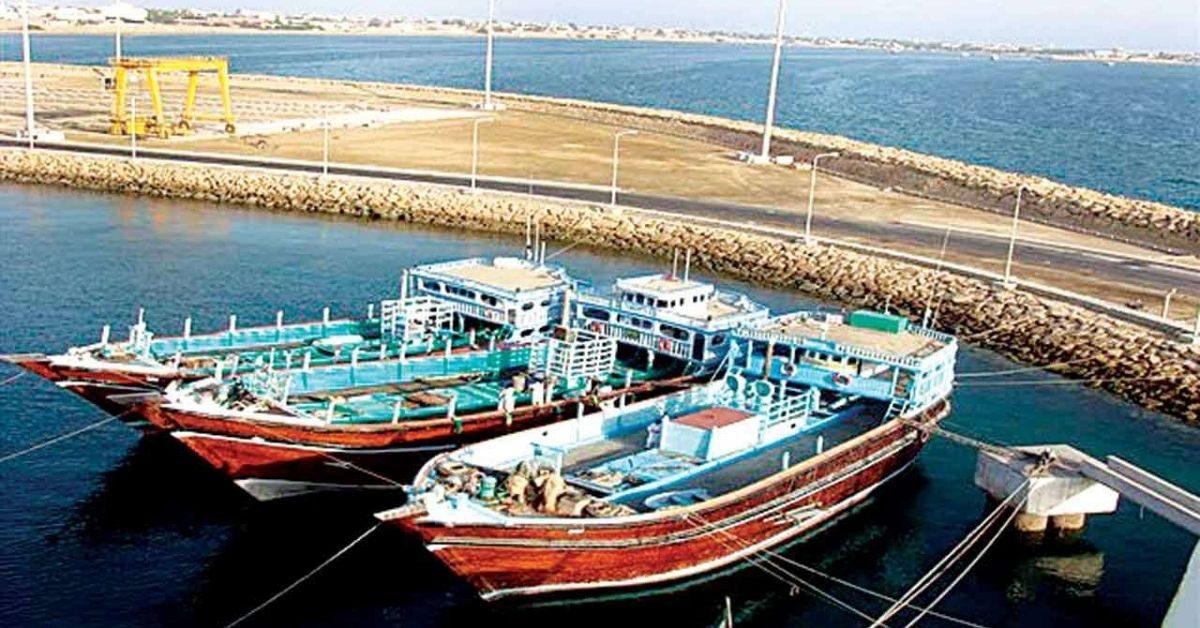Former UN Secretary General Ban Ki-Moon said on June 1, four months after Myanmar’s military coup, that the country’s “regional neighbours have the levers in their hands to change the trajectory of this crisis,” adding, “Now is the time to use them.”
This statement provides a reasonable sense of actions to follow, especially when it comes to calling out Myanmar’s big neighbours when and if they enter into deals with the military junta, which seized power on February 1.
Among other neighbours like China and Thailand, India has come under the radar of Myanmar anti-coup activists who are opposed to the idea of any relationship between the Indian government and the junta and its generals. In the midst of a fight to restore democracy, these activists have been critical of other countries—particularly neighbouring democratic establishments—for not severing their ties with the coup regime.
India’s investments in Myanmar have been mostly focused on infrastructure development seen by New Delhi as “people-friendly projects,” yet Indian military ties with the Tatmadaw have also grown in recent years, although not as significantly as China, which has had huge investments in oil, gas, mining, and in the sale of military equipment and hardware.
“Any attempt to do anything in Myanmar—even if it is development—will mean continuing ties with the military, which will only embolden them, so we are making it clear that we want countries like India to completely dissociate with the military regime,” said a supporter of Myanmar’s Civil Disobedience Movement who has been closely following foreign direct investment in the country by neighbouring nations.
Yet for the second time in the span of one month, India has been called out by Myanmar civil society for doing business with the military junta.
On June 14, activist group Justice for Myanmar (JFM) condemned the Indian company Bharat Electronics Limited for selling coastal surveillance radar technology to the Myanmar regime after the coup.
JFM also criticised the recent awarding of a contract by the Indian government-owned Syama Prasad Mookerjee Port, Kolkata to A to Z EXIM Ltd—a unit of the Mumbai-based Bharat Freight Group—to operate, maintain and develop the port and inland water transport terminals at Sittwe. Rakhine State and Paletwa, Chin State.
In its July 5 condemnation, JFM asked Indian companies including Bharat Freight Group “to immediately end their complicity with the Myanmar junta through their involvement in the Kaladan project.”
The Sittwe deep-water port is a part of the US$484m Kaladan Multimodal Transit Transport Project which is aimed at reducing the cost and time required to transport goods from Kolkata to India’s landlocked Mizoram State. This would involve using a route dependent on both the Sittwe port and the Kaladan River in Paletwa.
Questions may also be raised within India about whether A to Z EXIM has appropriate technical experience in port-building and shipping to be involved in the project. The Bharat Freight Group specialises in logistics operations, and had previously run the India-funded Chabahar port in Iran. It did so on a short lease contract awarded by another Indian state-owned company, Ports Global Ltd. Of note is that Bharat also has ties to the Myanmar military-run Myanmar Oil and Gas Enterprise, through its relationship with asset management firm Iceberg Holdings.
Officials from the Bharat Freight Group did not respond to requests for comment for this article.
The company’s managing director Sohel Kazani was quoted on July 5 in the India Sea Trade News as saying that the contract in Myanmar is for an initial period of three years but extendable by two years.
“Our mandate is to complete the pending civil works, install equipment to make it into a proper port and develop business,” Kazani is quoted as saying.
Sources close to the Indian Ministry of Shipping, Ports and Waterways said that newly appointed minister Sarbananda Sonowal—former Chief Minister of Assam State—has been apprised of the public criticism of the Indian government regarding Bharat Freight Group’s contract to develop the port in Myanmar.
A senior Indian government official told this writer that the “Ministry of External Affairs and the ministry of shipping, ports and waterways are discussing the fallout of this [contract].”
In his July 5 interview, Bharat Freight’s managing director Sohel Kazani also said that neither US sanctions nor the post-coup military violence would impact its contract in Myanmar due to its status as an Indian-funded “government-to-government project.”
The Bharat Freight boss ignores the fact that the military junta is not seen as the legitimate government by the people of Myanmar, nor by the anti-coup National Unity Government in exile. Questions to this end have been raised by both UN agencies and democracies around the world.
Activist group JFM has expressed its concerns in no uncertain terms. Its spokesperson Yadanar Maung said the group “condemn[ed] the Indian government for continuing business as usual following Myanmar’s brutal and illegal attempted coup,” and claimed that the Kaladan project had exacerbated conflict and threatens ethnic communities.
Moving ahead with the project under the military junta “is reckless and will put local lives at risk,” Yadanar Maung continued.
JFM subsequently “call[ed] for the project to be immediately suspended until there is democracy with the military fully under civilian control.”
Pro-democracy organisations such as JFM have issued a clear condemnation in response to reports of India’s ongoing development projects with Myanmar. It is unlikely that India wants to be perceived as supporting the military in any way, even though the country has yet to outrightly condemn the coup. However, it remains to be seen whether the corridors of power in New Delhi will be forced to rethink their present policies of economic engagement with the junta or continue to walk a tightrope between addressing strategic security needs and the democratic concerns of its neighbours.
Source : Myanmar Now







